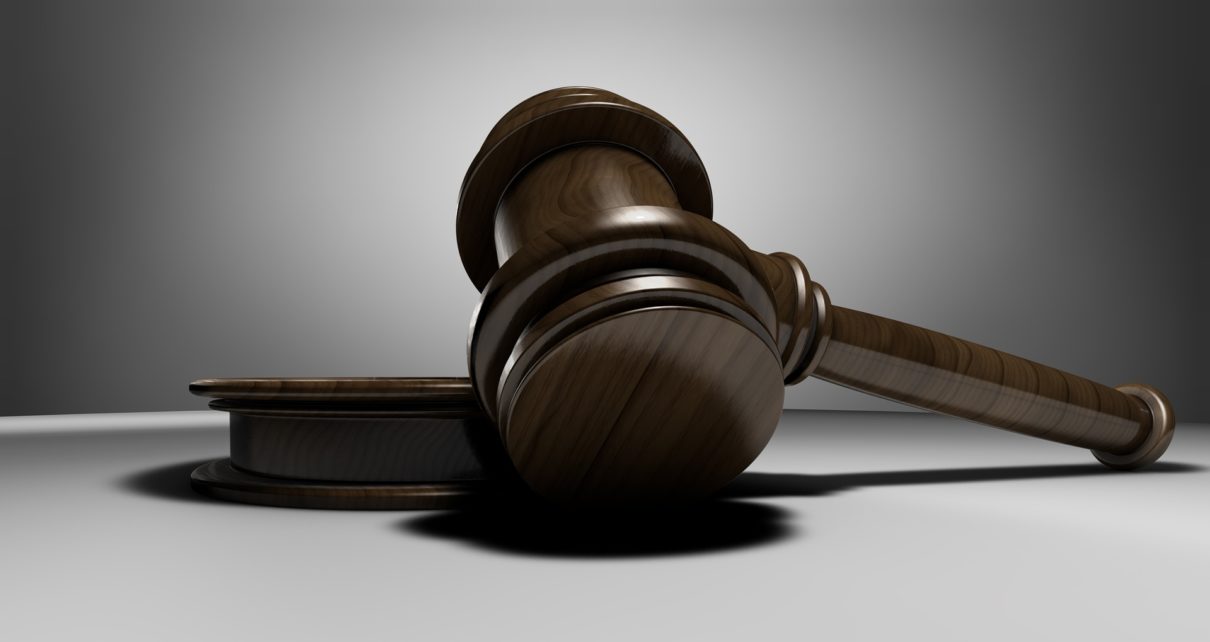FIRST CONSULTATION AND MANDATE CONFERENCE: when you go to a lawyer, check your real needs and ask yourself if you need advice on how to move or deal with a problem (and therefore in this case you can resolve your relationship with the lawyer by letting you issue a simple opinion to voice or written or a so-called first consultation) or if you need prolonged assistance (exchange of correspondence with the counterparty, extrajudicial negotiations, the actual discussion of a case), for which you must issue a specific written mandate to the lawyer.
The difference is important and it is good to clarify it immediately with the professional, as even saying to the lawyer “yes, yes do what he deems most appropriate” can already constitute a mandate, with related costs: the “study of the controversy” is already the first element for the professional to be able to request a fee. To avoid misunderstandings and final anger, immediately insist on the release of a quote, even if only “rough” and in writing of the costs of the intervention of your lawyer. Even if only indicative, it will still serve to empower the lawyer in the sense that he will at least inform you in the event that the costs of his intervention prove to be higher than expected.
If you are looking to find some attorney for your appeal, feel free to contact Brownstone Law.
IF YOU DECIDE TO START THE CAUSE.
Starting a case (or trial) or resisting someone who has called you before a judge is always a “joint” choice between client and lawyer. If you are unsure, before facing the costs, alas always high, of a process, consider the possibility of consulting, in the form of a first consultation (see above) also a second lawyer, to hear a different opinion on your problem.
It is important that the lawyer also provides you with an assessment of the probability of success of your eventual action. The obligation to inform the client about the chances of success of the case he intends to promote represents a particular aspect of the duty of care of the lawyer’s code of ethics. Be wary of those who promise you “sure victory”, better starting from a “50 to 50”, not to delude too much and then have sad surprises. Know in any case, that it is very difficult, even for the best lawyer in the square, to establish a priori the real chances of victory in a case: too many are the “variables” that can affect a process (legal arguments are not always certain and univocal, the wrong setting of a trial, the testimonial and documentary evidence) and then, in the end, what matters is always the pronouncement of the judge.
Another thing to know: the lawyer’s obligations are so-called obligations. of “means” and not of “result”: this means that the professional is not responsible if the result is not achieved in the expected or hoped for form! you hear “But if the lawyer told me I was right!”. Another thing to know: the lawyer’s obligations are so-called obligations. of “means” and not of “result”: this means that the professional is not responsible if the result is k2not achieved in the expected or hoped for form!



